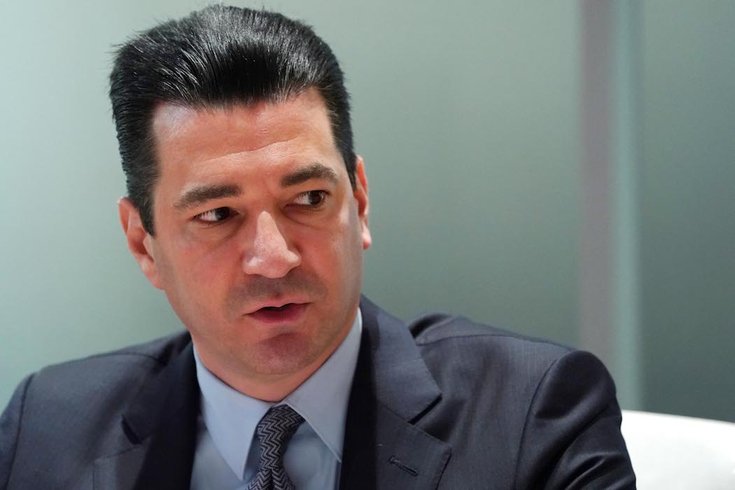
February 20, 2019
 Jasper Colt/USA Today
Jasper Colt/USA Today
Aug 15, 2017; McLean, VA, USA; FDA commissioner Scott Gottlieb speaks to members of the USA TODAY Editorial Board. Mandatory Credit: Jasper Colt-USA TODAY
It was big news in early 2019 when Ambrosia Health reportedly uncovered the answer to combating the aging process: injecting the blood of younger people into older people.
There was some science behind the concept as the method pulls from parabiosis, a technique that dates back to the late-1800s. According to the National Institutes of Health, parabiosis, an operation that joins two animals so that they share each other's blood circulation, has fortified the concept of blood as an accepted drug in modern medicine.
That said, Ambrosia’s website stated as of Tuesday that the company has “ceased patient treatments,” likely due to an official statement from FDA commissioner Scott Gottlieb and Peter Marks, director of FDA’s Center for Biologics Evaluation and Research.
RELATED READ: Transfusions of 'young blood' might be 'fountain of youth'
Gottlieb’s statement asserts there is no proof that plasma from young donors can be used as a treatment for dementia, Parkinson’s disease, multiple sclerosis, Alzheimer’s disease or post-traumatic stress disorder, as claimed.
Not only are they not a viable treatment option, the infusions can be dangerous to the health. The agency warned that the administration of too much plasma is associated with infectious, allergic, respiratory and cardiovascular risks.
In the statement, Gottlieb and Marks said:
“We’re alerting consumers and health care providers that treatments using plasma from young donors have not gone through the rigorous testing that the FDA normally requires in order to confirm the therapeutic benefit of a product and to ensure its safety.”
According to the FDA's statement, more and more clinics are beginning to offer infusions of plasma costing thousands of dollars per infusion to "treat" a number of conditions. These companies are often able to steer clear of FDA approval because plasma transfusions, in their true form, are a routine procedure, NBC News reported.
“We’re concerned that some patients are being preyed upon by unscrupulous actors touting treatments of plasma from young donors as cures and remedies,” Gottlieb and Marks said in their statement. “Such treatments have no proven clinical benefits for the uses for which these clinics are advertising them, and are potentially harmful.”
Per CNN, the FDA is concerned not only that the plasma itself may be detrimental to health, but that the "unproven purposes could also discourage patients suffering from serious or intractable illnesses from receiving safe and effective treatments that may be available to them."